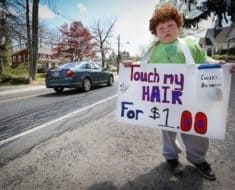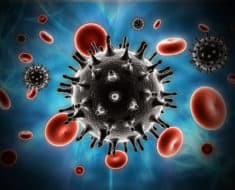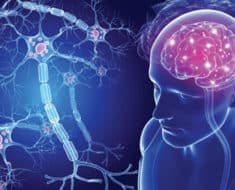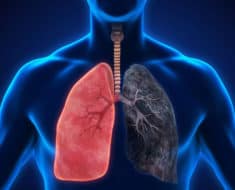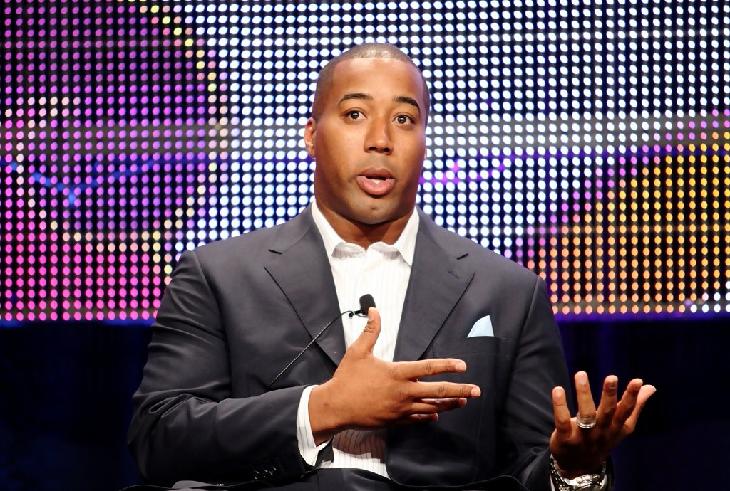
Zimbio
According to the National Institute of Mental Health (NIMH), an estimated 17.3 million people in the U.S. aged 18 and older— or about 7.1 percent of the adult population — have experienced at least one major depressive episode in the past year. And of this cohort, an estimated 63.8 percent experienced severe impairment. Yet despite the prevalence of depression and the damaging and in some cases fatal consequences of this mental health illness, it still remains an off-limits topic for many people who suffer in silence for years and decades.
“If someone breaks their leg they are given medical attention, and while they recover, nobody expects them to lead a normal, active lifestyle,” states James DuBose, a veteran TV producer, filmmaker, and entertainment industry executive who has focused several of his acclaimed projects on people during their darkest hours striving to rebuild their lives. “But when people suffer from depression, they are often treated with prejudice — which keeps many of them from acknowledging that they have a problem and from seeking proper treatment. Unfortunately, depression is not an illness that typically cures itself. Even if the symptoms diminish for a while, the underlying root causes remain and manifest later on with much greater intensity.”
With this being said, it is true — thankfully — that the perception of depression is much more informed and enlightened today than it was in years past. While there are a number of factors for this progress, a significant amount of credit belongs to high-profile figures, such as actors, singers and athletes, who have courageously revealed their battle with depression in the hopes that doing so will inspire others to emerge from the shadows and seek treatment.
“When you hear people like Dwyane Johnson, Kid Cudi, Kendrick Lamar and Donald Glover talk about how depression and anxiety almost completely ruined their lives, you begin to feel that you aren’t alone, and that depression has nothing to do with who you are, where you’re from, where you live, how much money you make, or whether other people think that you should have a perfect life,” commented James DuBose, whose firm DuBose Entertainment has produced several docudramas, and is currently producing feature films and scripted television shows with several distribution partners.
Ultimately, depression doesn’t discriminate, and it’s absolutely not the result of a lack of mental fortitude, willpower, or character. Depression is a serious mental illness and must be taken and treated seriously.
Signs of Depression
According to many experts, a major reason why depression remains so staggeringly misunderstood — and ultimately, untreated — has to do with symptom unawareness. Indeed, some people struggle for several years with classic signs of depression but never discuss these with their primary care physician or any other member of their healthcare team. Some of these symptoms include excessive and/or prolonged fatigue; feelings of shame, guilt, and worthlessness; loss of interest in activities that were once pleasurable; irregular eating habits (e.g. overeating, appetite loss, etc.), persistently sad or suicidal thoughts; and difficulty concentrating or making decisions.
Many individuals are stunned and shocked when they discover that the problems they’ve been battling for so long — such as chronic fatigue, binge eating, or extreme social isolation — are not disconnected aspects or episodes, but are expressions of depression, anxiety, or other mental health disorder. Once they get the appropriate treatment that they need, along with the care and compassion they deserve, the impact is often transformative or life-changing.
Treatment
The treatments that James DuBose refers to depend on the specific type of depression, as well as the frequency and severity. For example, individuals whose depression is not associated with severe impairment may find it significantly beneficial to engage in talk therapy with a psychotherapist, psychologist, counselor, therapist, or other qualified mental health professional. Individuals with more debilitating symptoms of depression, and who may be a threat to themselves or others, may undergo electroconvulsive therapy. In most cases, individuals will be prescribed anti-depressant medications, such as selective serotonin reuptake inhibitors (SSRIs), serotonin and norepinephrine reuptake inhibitors (SNRIs), tricyclic antidepressants (TCAs), or monoamine oxidase inhibitors (MAOIs). Doctors may also prescribe additional medications, such as anti-anxiety drugs and stimulants.
“The most important thing for people to know is that help is available and there is no need to suffer in silence,” commented James DuBose. “The journey ahead can be energizing instead of exhaustive, and something to look forward to instead of dread.”










